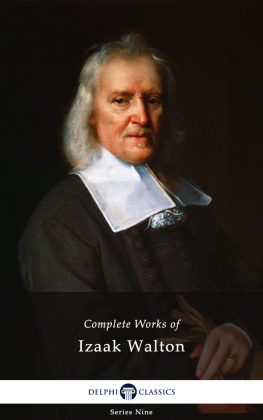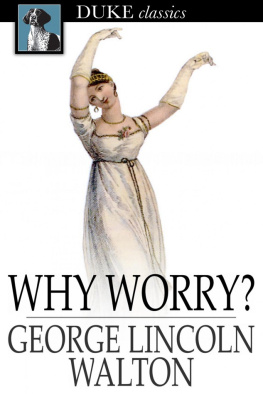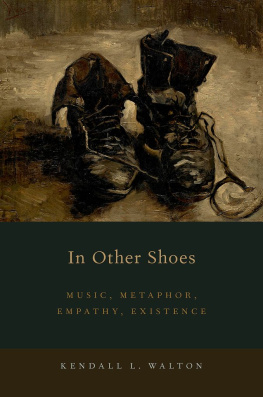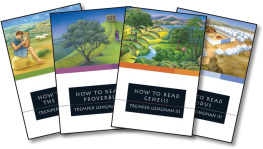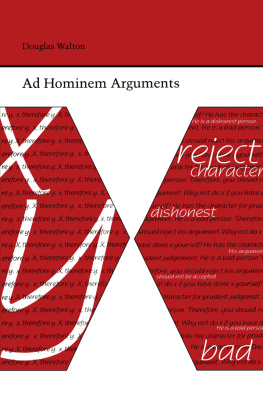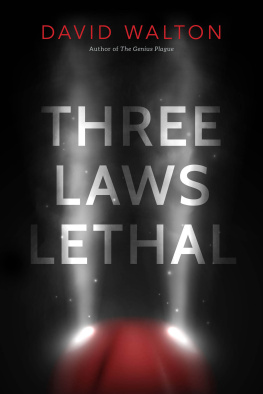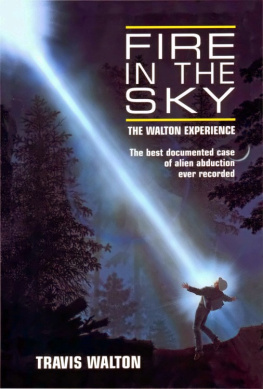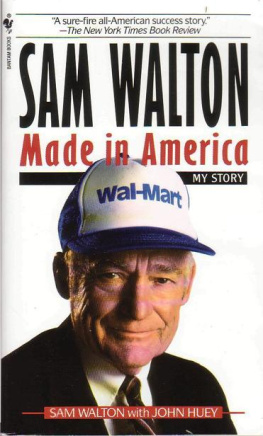
The Complete Works of
IZAAK WALTON
(c.1593-1683)

Contents

Delphi Classics 2018
Version 1


Browse our Main Series

Browse our Ancient Classics

Browse our Poets

Browse our Art eBooks

Browse our Classical Music series

The Complete Works of
IZAAK WALTON

By Delphi Classics, 2018
COPYRIGHT
Complete Works of Izaak Walton

First published in the United Kingdom in 2018 by Delphi Classics.
Delphi Classics, 2018.
All rights reserved. No part of this publication may be reproduced, stored in a retrieval system, or transmitted, in any form or by any means, without the prior permission in writing of the publisher, nor be otherwise circulated in any form other than that in which it is published.
ISBN: 978 1 78877 922 7
Delphi Classics
is an imprint of
Delphi Publishing Ltd
Hastings, East Sussex
United Kingdom
Contact: sales@delphiclassics.com

www.delphiclassics.com
Parts Edition Now Available!

Love reading Izaak Walton ?
Did you know you can now purchase the Delphi Classics Parts Edition of this author and enjoy all the novels, plays, non-fiction books and other works as individual eBooks? Now, you can select and read individual novels etc. and know precisely where you are in an eBook. You will also be able to manage space better on your eReading devices.

The Parts Edition is only available direct from the Delphi Classics website.
For more information about this exciting new format and to try free Parts Edition downloads , please visit this link .
The Books

Stafford, England Waltons birthplace

Stafford on the fourteenth century Gough Map, located at bottom centre
The Compleat Angler

First published in 1653 by Richard Marriot in London, The Compleat Angler is a celebration of the art and spirit of fishing in prose and verse. Walton continued to add to the book for a quarter of a century. Six verses were quoted from John Dennys 1613 work The Secrets of Angling and the volume was dedicated to John Offley, Waltons most honoured friend. The first edition featured dialogue between the veteran angler Piscator and the student Viator, but in the second edition, as if in answer to an objection that Piscator had it too much in his own way in praise of angling, Walton introduced the falconer Auceps, while changing Viator into Venator; the new companions each dilate upon the joys of the authors favourite sport. The fifth and final edition appeared in 1676, in which the thirteen chapters of the original had grown to twenty-one, and a second part was added by Waltons friend and brother angler Charles Cotton, who took up Venator where Walton had left him and completed his instruction in fly fishing and the making of flies.
Walton did not profess to be an expert with a fishing fly. The fly fishing in his first edition was contributed by Thomas Barker, a retired cook and humorist, who produced a treatise of his own in 1659. Yet, in the use of the live worm, the grasshopper and the frog Walton was certainly a master. The famous passage about the frog use him as though you loved him, that is, harm him as little as you may possibly, that he may live the longer comes from the first edition. The additions to the text over the years did not affect the technical part alone, as quotations, new turns of phrase, songs, poems and anecdotes were introduced as if the author, who wrote the book as a recreation, had kept it constantly in his mind and talked it over point by point with his friends.
Walton is believed to have been educated in Stafford before moving to London in his teenage years. He is often described as an ironmonger, but he in fact trained as a linen draper, a trade that came under the Ironmongers Company. He had a small shop in the upper storey of Thomas Greshams Royal Burse or Exchange in Cornhill. In 1614 he had a shop in Fleet Street, two doors west of Chancery Lane in the parish of St Dunstans. He became verger and churchwarden of the church, and a friend of the vicar, John Donne. After the Royalist defeat at Marston Moor in 1644, Walton retired from his trade. He went to live just north of his birthplace, at a spot between the town of Stafford and the town of Stone, where he had bought some land edged by a small river. The last forty years of his life were spent visiting eminent clergymen and other fishing devotees.
Walton was not sympathetic to the Puritan regime of the 1650s and The Compleat Angler has been seen as a reaction to the turbulence of the English Civil War and its aftermath. Waltons sources included earlier publications on the subject of fishing, such as the Treatyse of Fysshynge with an Angle included in the Book of Saint Albans . The work was published by the bookseller Richard Marriot whose business was based in Fleet Street near the location of Waltons linen shop. Walton was a friend of Marriots father John, who had started the business, but was in retirement by the time The Compleat Angler appeared.

Next page
